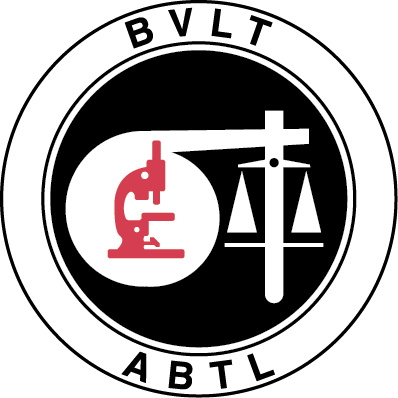
Live-Cell Analysis of Human Neuron-Glial Cell Co-cultures
The contribution of neuronal-glial cell, and particularly neuron-microglia, communication in the progression of neurodegenerative disease is attracting increasing attention in the research community. Genome-wide association studies (GWAS) have identified genetic associations between multiple immune genes (e.g. TREM2, CD33) and Alzheimer’s disease (AD), supporting a role for neuroinflammation in dementia. In addition, astrocytes are known to play a vital role in neuronal survival, synapse formation and network plasticity, and are increasingly viewed as important players in the pathophysiology of many CNS diseases.
Modulation of glial cell activity and/or neuron-glia communication represents an interesting therapeutic approach for a number of neurodegenerative/neuropsychiatric conditions. These complex pathways require robust model systems to enable testing and development of novel molecules.
There are a number of key differences between rodent and human glia, which likely impact the translation of findings from rodent systems. There is therefore a need for disease-relevant, fully human, predictive models to support preclinical development of new medicines targeting different areas of neurodegenerative disease.
In this webinar, the generation and characterization of fully human iPSC-derived ex vivo co-culture models at Talisman Therapeutics will be discussed, highlighting the utility and importance of such models to support preclinical drug discovery.
Who should attend?
Scientists and Researchers in biotechnology, pharmaceuticals, biopharma and academia.
All webinar participants can request a certificate of attendance, and a learning outcomes summary document for continuing education purposes- register now.
